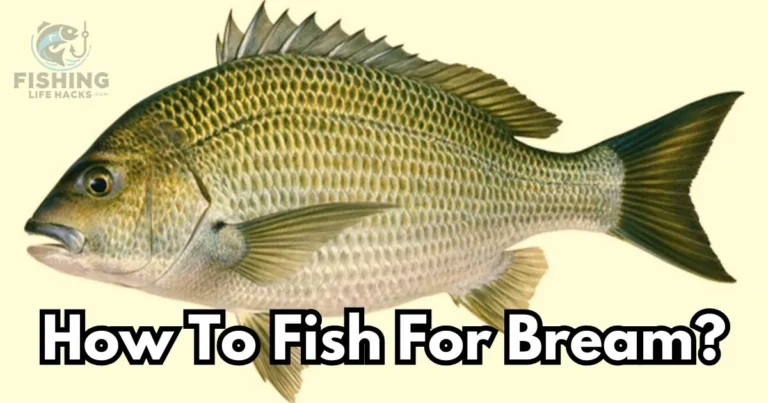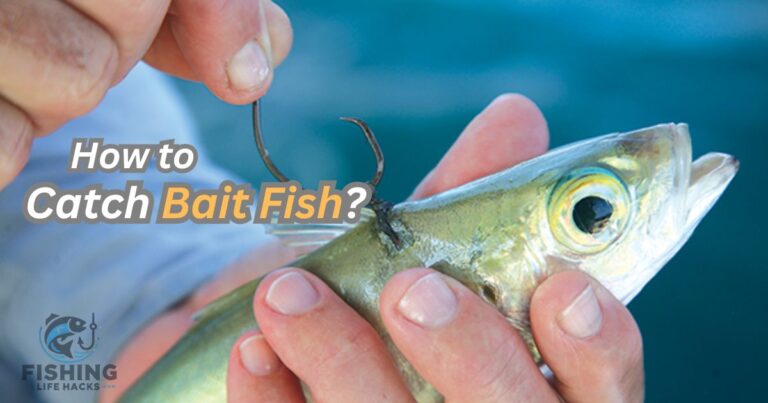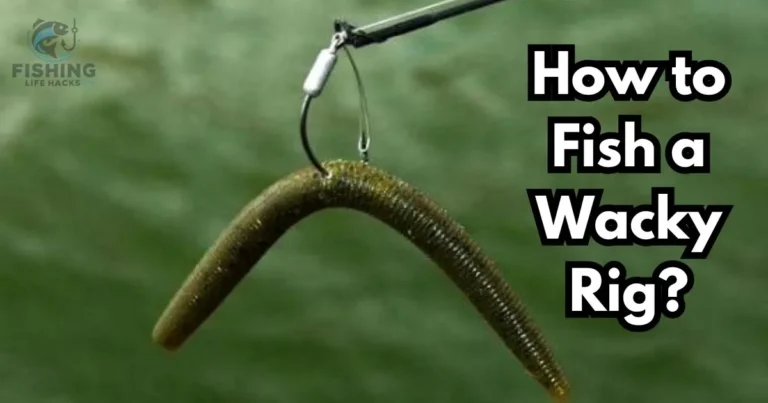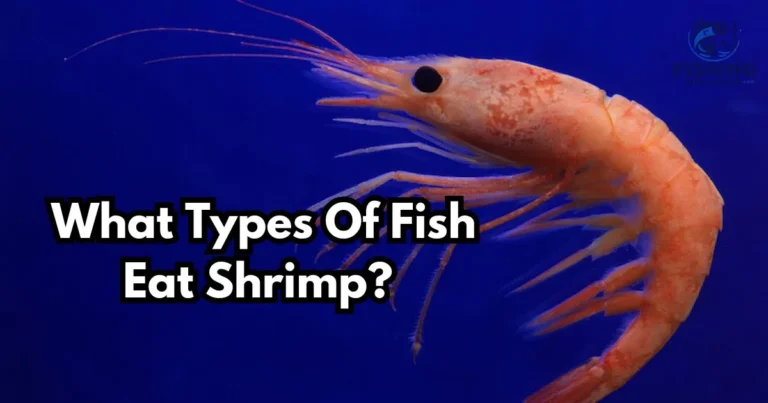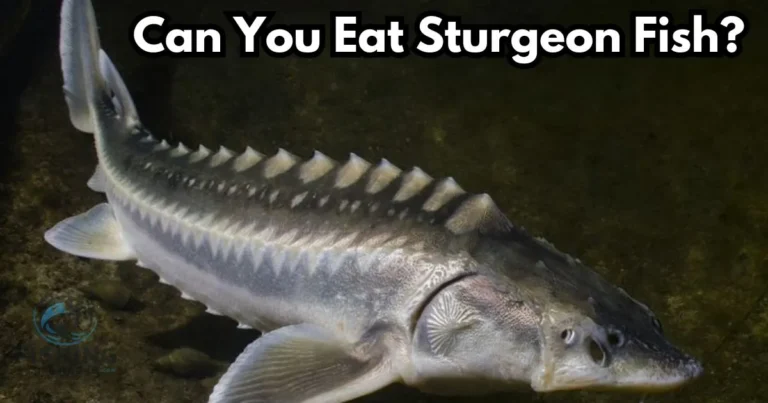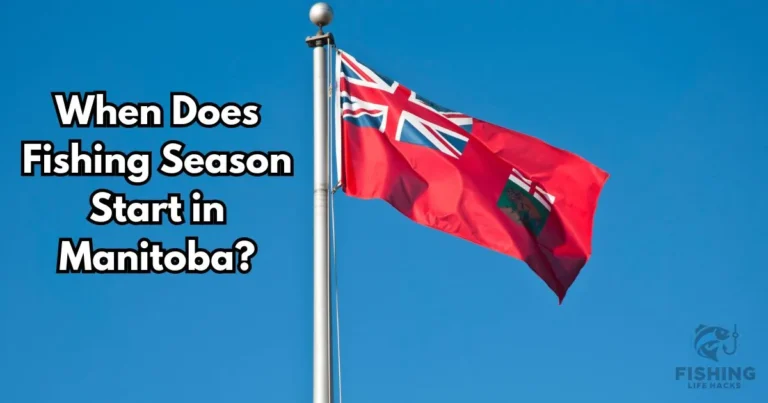Do Mallard Ducks Eat Fish? A Detailed Look at Their Diet
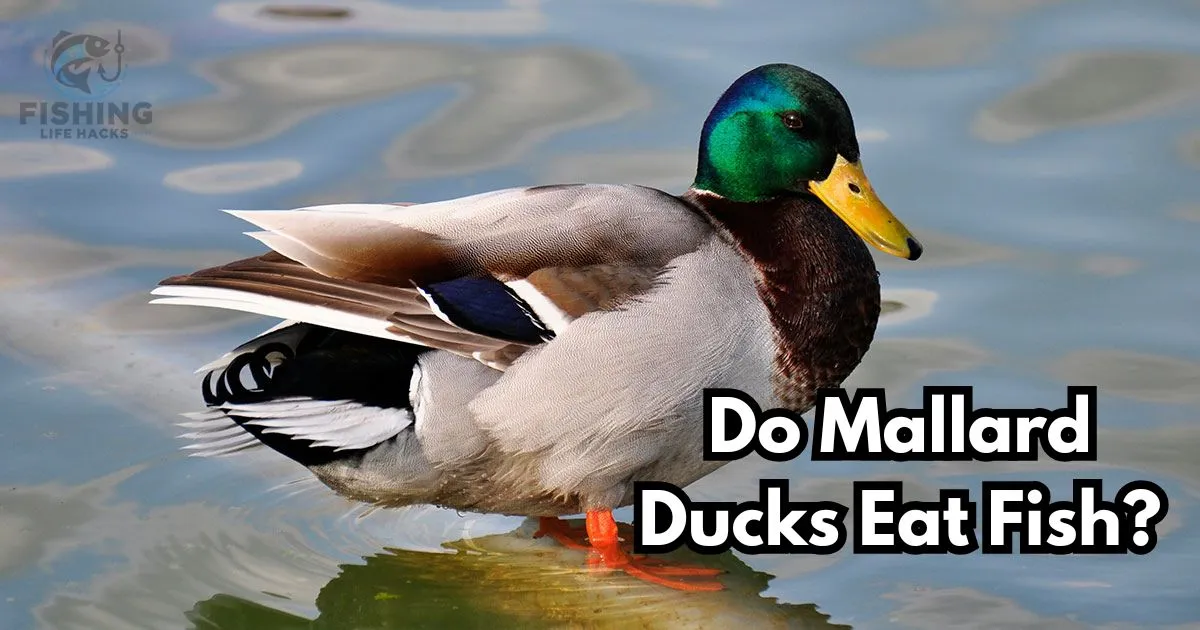
Mallard ducks are one of the most recognizable waterfowl species, known for their adaptability and varied diet. But when it comes to the question of whether mallards eat fish, the answer is yes—but with some nuances. While fish are part of their diet, they do not make up a significant portion of what mallards typically consume in the wild. Let’s explore this further.
What Do Mallard Ducks Typically Eat?
Mallards are omnivores, meaning they eat both plant and animal matter. Their diet primarily consists of:
- Aquatic plants and algae
- Seeds and grains
- Small invertebrates (like insects and larvae)
- Crustaceans (such as freshwater shrimp and snails)
- Amphibians (like frogs and tadpoles)
Though they do eat fish, it’s more opportunistic than intentional. Mallards tend to focus on smaller fish like minnows or fry that are easier to catch and swallow. They are dabbling ducks, which means they feed by tipping their heads underwater and foraging in shallow waters, as opposed to diving for fish like some other duck species.
Why Fish Aren’t a Main Part of Mallards’ Diet
Fish do play a minor role in the diet of mallards, but several factors limit their consumption of fish:
- Feeding Style: As dabbling ducks, mallards feed mainly on the water’s surface, making it difficult for them to access fish that dwell in deeper waters. They forage by dabbling in shallow areas where aquatic plants and invertebrates are abundant.
- Bill Adaptation: Mallard ducks’ bills are better suited for sifting through mud, plants, and small aquatic creatures rather than catching fish. Their bills have small notches called lamellae that help them filter out unwanted debris, but they aren’t designed for grabbing or holding onto slippery prey like fish.
- Habitat Preferences: Mallards often live in shallow wetlands, ponds, and marshes where aquatic plants and invertebrates are plentiful, but larger fish are not as common. They may consume small fish if they come across them but don’t actively seek them out.
Do Mallards Eat Fish in the Wild?
Yes, mallards do occasionally eat fish in the wild, but it’s relatively rare. Their diet is largely composed of plant matter, seeds, and aquatic invertebrates. When mallards do consume fish, they are usually smaller species, such as minnows or fish fry. These fish are easy to catch and small enough to swallow whole.
Fish in the Diet of Domestic Mallards
For those keeping mallard ducks as pets, fish can be provided as a treat, but it’s important not to make it a staple in their diet. Fish should be prepared carefully—low-fat varieties like tilapia or cod are recommended, and all bones and skin should be removed to avoid choking hazards. Fish also shouldn’t be fed too often, as an imbalanced diet can lead to health issues like obesity or nutrient deficiencies.
Frequenly Asked Questions
Conclusion
While mallard ducks are capable of eating fish, it is far from being a central part of their diet. They are more adapted to feeding on vegetation and invertebrates found in shallow waters. For mallards in the wild, fish consumption is largely opportunistic, and for domestic ducks, fish can be an occasional, carefully prepared treat.

